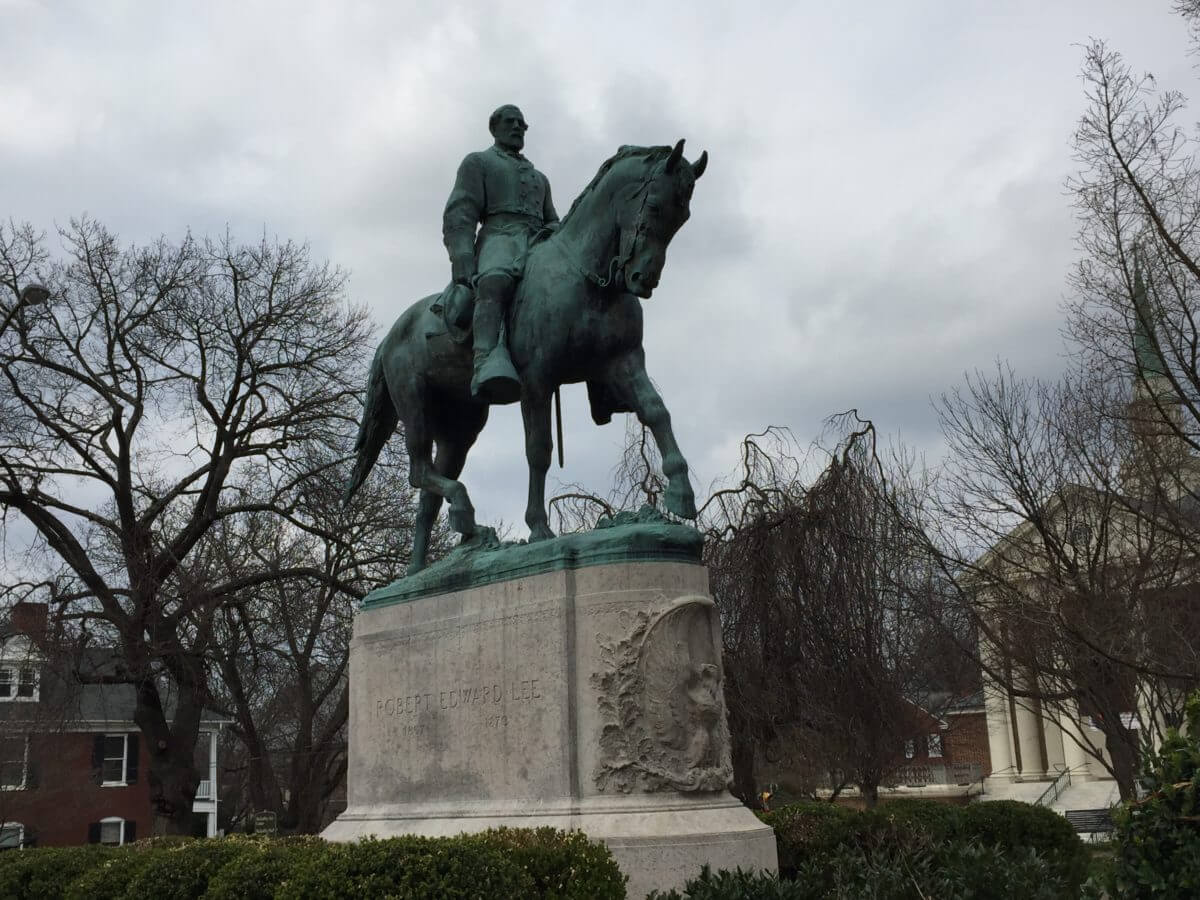Elisha Wiesel’s Rosh Hashanah remembrance of his late father Eli Wiesel puts recognition of the “Jewish state of Israel” on a par with the rights of undocumented immigrants in the U.S. and fails to reckon with his father’s complicity in the suffering of Palestinians. But the high holidays call on us to witness and move forward, Marc Ellis writes.
A recent article in Mondoweiss criticized Noam Chomsky saying his view of Israel is the romantic one he embraced in his younger years. Marc Ellis comments on the role nostalgia plays in politics, from Jerusalem to Charlottesville.
Marc Ellis writes: Charlottesville and White nationalism have brought the issue of monuments commemorating the fallen to the forefront. Often remembrance is a form of denial. Jews are very present in the movement to oppose white supremacy and were involved in opposing white nationalism in Charlottesville. Yet, Jews have our own history to struggle with as well. Where and how the memory of our own suffering is portrayed is crucial to the Jewish future. It is hotly contested as well.
Marc Ellis writes, “Tisha B’Av is upon us, a fast day for Jews, commemorating the destruction of the ancient Temples in Jerusalem. With the accumulation of events of destruction in Jewish history, though, Tisha B’Av has become a time to mourn subsequent calamities that befell the Jewish people. Through most of our history, mourning occurred in a context where most Jews lived on the margins of power or suffered under it. Today Jewish mourning takes place within the context of Jewish empowerment. Like mourning, Jewish empowerment is complex and entangled. Still, one things is abundantly clear: Jewish power, enabled by our mourning on Tisha B’Av, is oppressing the Palestinian people.”
With Tisha B’Av upon us, Rabbi Brant Rosen has released his contemporary take on the Biblical Book of Lamentations – Lamentation for a New Diaspora. Marc Ellis writes, “Rabbi Rosen’s lamentation is poetic, strong and dark. Trauma is the global name of the game. The ravages of mass culture, industrialization, militarism and climate change have taken their toll. The New Diaspora, the community of refugees and exiles of every stripe who gather to protest the coming global catastrophe, are themselves scattered and without hope.”
Olav Fykse Tveit of the World Council of Churches urges church leaders to pray for a just solution of the troubles in Jerusalem. Marc Ellis writes, “The WCC is now on record here urging a reestablishment of the status quo at Al Aqsa and in Jerusalem, a status quo that affirms Israeli occupation.”
Last week, the Mennonites passed a historic BDS resolution regarding the Israeli-Palestinian conflict. The thrust of the resolution focuses on adopting a “third way” in Israel-Palestine, meaning a dual solidarity with Palestinians and Jews. Marc Ellis writes, “The question must be faced: Do these BDS resolutions, as important as they are symbolically, actually, because of their limitations, enable the further conquest of Palestine? The interfaith ecumenical dialogue/deal has always been contextual. As times have changed the details of the dialogue/deal have changed as well. The dual solidarity with Jews and Palestinians seems to be the devil in the details. While moving forward, Christians want it both ways.”
Perhaps the preface to the Seder should be stated starkly: “What we, as Jews, have done to you, the Palestinian people, is wrong. What we, as Jews, are doing to you, the Palestinian people, is wrong.” Though confession won’t end the occupation, it states clearly the context of whatever Passover narrative follows.
The Council on Islamic Affairs (CAIR) has offered a $5,000 award for anyone with knowledge of those threatening Jewish community centers in the United States. Violence has to be condemned unequivocally. If the center of American democracy is to hold under Trump’s assault, all hands against violence must be on deck. But the level of incitement against Muslims and the undocumented, now extending to Jewish institutions, isn’t simply a Trump phenomena. Jews aren’t only victims in this cycle. These same Jewish institutions now under threat contribute to the cycle of violence they are now threatened with.









